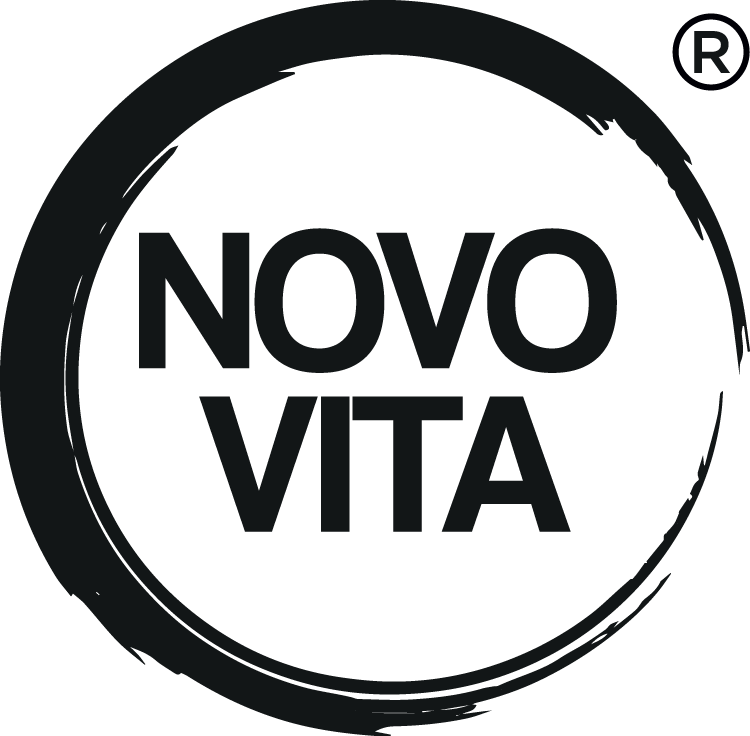Our bodies consist of trillions of different microorganisms species that reside on our skin, mouth, genitals, small and large intestine and even eyes. The microbiome consists of microbes that can be both beneficial and harmful for people. A healthy person's microbiome includes good bacteria, fungi, parasites, and viruses. Pathogenic bacteria can be found in the body and harmonically coexist with beneficial bacteria. However, there is a disturbance in this balance caused by illnesses, unhealthy diets, or the use of medications it may lead to bacterial dysbiosis, causing overgrowth of pathogenic bacteria and increasing susceptibility to diseases.
How Microbiota Benefit the Body
Each person microbiota is unique and different and is originally determined by the individual's DNA. The first interaction with microorganisms began during delivery in the birth canal and through the breast milk. The types of microorganisms the infant is exposed to depend on the mother's species. A number of studies have shown that children born through caesarean section are subjected to a higher risk of dysbiosis that increases the risks of developing metabolic and autoimmune diseases in adulthood, such as type I diabetes, obesity, asthma, and celiac disease. In contrast, newborns born naturally are exposed to microbes that support the immune system formation and development in infants, making them less susceptible to bacterial and viral infections later in life.
Microbiota Functions
The human microbiota has many different functions in the body, such as regulating our immune system, protecting against harmful bacteria, synthesising B group vitamins, such as vitamin B12, B1 and B2, and Vitamin K.
Still, its primary function is to help break down food compounds with their digestive enzymes into simple molecules so that they can be absorbed into the bloodstream through the intestinal wall. Specifically complex carbohydrates because our bodies cannot fully or completely digest and absorb starches or fibers.
How to Support Your Microbiota
If microbiota is vital to our health, how can we support their growth and diversity?
The answer is simple! Consuming a balanced amount of probiotics and prebiotics will help provide the right balance of beneficial bacteria to maintain a healthy gut microbiome.
Prebiotics comes from complex carbohydrates (mostly dietary fiber) that we humans cannot digest, but beneficial bacteria use as their main power source.
Probiotics are live bacteria that can be found in certain fermented foods (non-pasteurised as this process kills the bacteria). Those foods include kefir, sauerkraut, pickles or pickled vegetables, kimchi, kombucha or supplements. Probiotics usually contain bacterial groups found in the intestines, such as Lactobacillus, Bifidobacterium strains and yeast called Saccharomyces boulardii, which is used to treat infectious diseases such as rotaviral diarrhoea.
It is important to remember that microbiota bacteria are very susceptible to any changes in the body, such as illnesses, antibiotic and other drug use, stress, and even pregnancy. Sometimes such changes can lead to the risk of developing dysbiosis and the further development of gastrointestinal and chronic conditions, such as irritable bowel syndrome, obesity, type 2 diabetes, and even mental disorders.
That's why keeping your gut microbiome in balance is crucial for overall health. Eating and maintaining diverse and balanced diet rich in dietary fibre and probiotic foods will help promote the ideal balance between good and bad gut bacteria and sustain digestive health.
Novo Vita NovoBiotic Premium™

NovoBiotic PREMIUM ™ is a probiotic supplement with 16 different bacterial strains of lactic acid bacteria (50 billion per capsule) to help sustain balance of the friendly bacteria in your digestive system, support better digestion, maintain overall health and protect against harmful bacteria.
Find this produce here: https://novovita.dk/products/vitabiotic-premium?_pos=1&_psq=novo&_ss=e&_v=1.0
References:
https://www.researchgate.net/publication/278713639_The_Gut_Microbiota
https://www.researchgate.net/publication/317022262_Introduction_to_the_human_gut_microbiota
https://ods.od.nih.gov/pdf/factsheets/Probiotics-Consumer.pdf
https://www.researchgate.net/publication/326010124_health-benefits-of-probiotics

